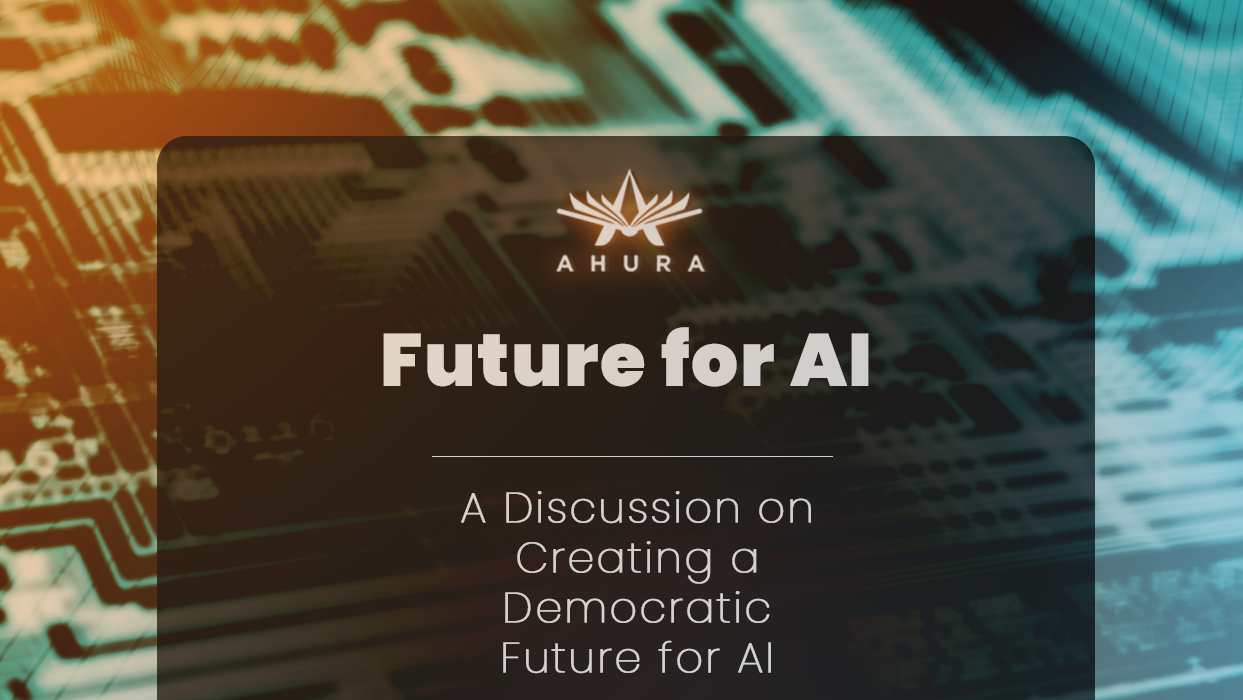
AI is everywhere. Whether you use it on a daily basis for personal or professional reasons, or you simply read about it in the news, it’s hard to avoid the ongoing discussions about what the future of AI will look like – and what it will mean for humanity as a whole.
To add to that discussion, a recent panel was held in the Ahura AI House at DAVOS 2024. Below, we’ll cover the main points that were made in the discussion, and of course, you are welcome to follow this link to watch the video for yourself.
A Notable Panel
Any panel discussion is going to be fueled by the individuals who choose to take part, and this one included some notable names. Those on the stage included the following –
- will.i.am. Known to the general public as the lead singer of the group Black Eyed Peas, will.i.am is passionate about advanced technology and the role it can play in improving the modern world for everyone.
- Alex Tsado. COO and Co-founder of Ahura AI, Tsado brings wide-ranging experience to the panel, including founding a non-profit organization that is working on the adoption of advanced technologies in underrepresented African communities.
- Bryan Talebi. The CEO and Co-founder of Ahura AI, Talebi launched his professional career at an early age, joining NASA at just 16. He is considered a leader in the space of driving young companies to profitable operations.
- Gillian Tett, moderator. A noted British author and journalist, Tett has a long and established history of fair and accurate reporting. She holds the position of Provost of King’s College, Cambridge, as well as serving on the editorial board of the Financial Times.
Building a Level Playing Field
As is seen in the title of this session, the discussion was directed toward the important topic of making sure the future of AI is as democratic as possible. Early in the chat, Alex Tsado offered up a simple example of why this democracy is so important. He framed the example of a math exam, given to people in America and Europe, as opposed to people from Africa or Latin America. If those in America and Europe have access to super-fast calculators for the exam, and those in Latin American Africa have to do it by hand, “how can they compete? It’s not even possible.” In other words, if those in less-advantaged locations don’t have access to the same technological tools as those in the rest of the world, the playing field will never be a fair one.
Retraining on the Fly
Another primary focus during the discussion, presented by Bryan Talebi, was the need to be able to retrain workers who are losing their jobs due to the AI revolution so they can find a place in a redesigned, modern workforce. He points out that previous economic revolutions – such as after the Great Depression – provided one or two generations’ worth of time for new training to take place. Now, people need to be retrained in a matter of just a few years, and the current education system is not ready to do that job effectively.
Embracing the Future
Near the end of the presentation, will.i.am took a moment to speak on the tremendous potential of AI and how the fear that tends to come along with it may be misplaced. He notes that those who tend to be afraid of what AI can do are those who have been somewhat “sitting in some lap of comfort”. On the other side, people who have been dealing with some of the most difficult circumstances can look to AI as a solution, “wrapping their hands around the technology” and solving problems in a way that would not have been possible previously.
Explore the Video for Yourself
The discussions and debates held in the Ahura AI House during DAVOS 2024 are critically important in shaping the future of how AI is seen and used. While the content above provides you with a brief overview of this panel, the best option is simply to head over to YouTube to view the panel discussion for yourself. At only slightly more than 12 minutes, this video won’t take much of your time – but it will have an important impact on how you see this critical topic.